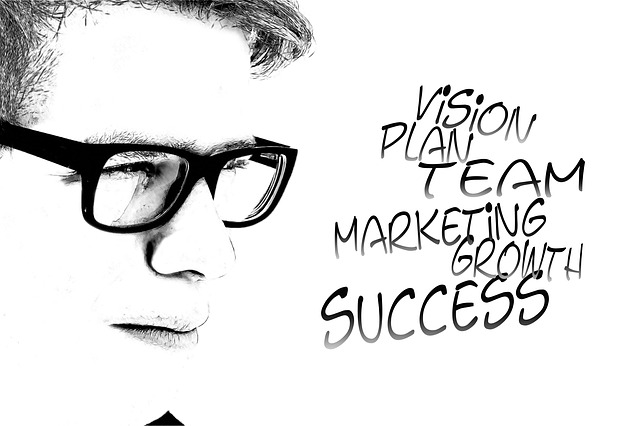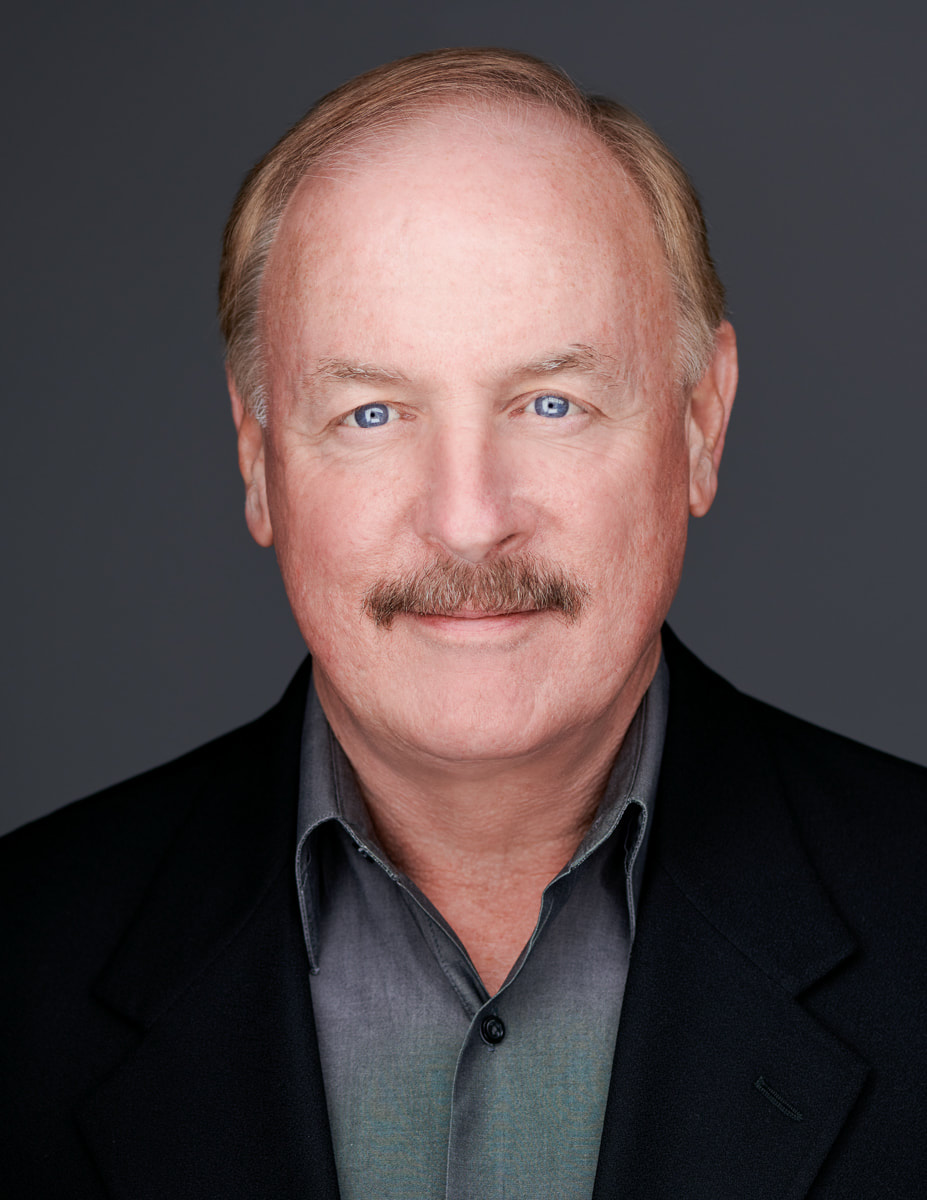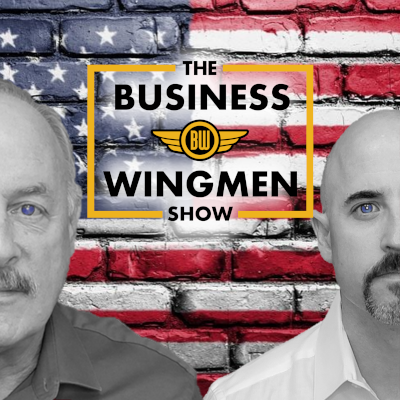|
Businesses around the world from the fortune 500 community to the local company down the street spent approximately $164 billion last year on training and development programs for employees. These programs ranged from seminars and workshops to tuition reimbursement, in-house training and outside professional services. And while spending to develop employee performance has risen in the last couple of years, overall satisfaction about the outcome has not. Part of this problem has to do with what is measured in terms of outcome. Just about everything that a typical business spends money on gets tracked for results. Not so much with employee training. And while the reasons for this vary, most companies are ill equipped to determine clear performance improvement metrics that can be evaluated. So if the company that pays for training and development programs is not measuring this important investment in their staff, do you think the individual that gets the training is?
Professional development must go beyond delivering information Most training programs focus on delivering information. Product training for sales people or systems training for support people are a few common examples. Other training that has taken up a portion of many company budgets deal with sexual discrimination awareness or harassment in the work place. Both are important but are heavily focused on knowledge and information. Even the employee who is being considered for a management role and asks to attend an after-hours MBA program poses no assurance that what they learn will be applied in the new role. So, what’s missing in most of these training and development scenarios? It’s the accountability for putting new learning to work so behaviors change, new skills immerge and higher levels of performance become reality. Professional development must insure behavioral change The only form of training and development that insures a steady dose of focus, practice, reflection, learning and action is coaching! People don’t retain a fair amount of what they are exposed to in a 2-3 day seminar. And what about all the reference books that come with that expensive seminar? Well, that’s why you have book shelves in your office! On-site training also has limited benefits for getting employees to up their performance. Most of these programs are either developed or sanctioned by the company for specific purposes. Many fall short of being able to help a specific employee gain awareness of what and why they need to improve in. Simply put, most training has a purpose but creating opportunities that lead to long term, sustainable performance improvement are not one of them. Why then, does coaching accomplish what traditional training and development fall short on? The very nature of coaching is to help the individual transform themselves by taking ownership for where they currently are (performance-wise) and actively seeking solutions that will move them towards the professional results they want. It’s the individual being coached that takes the responsibility for wanting to improve and is held accountable for doing whatever is necessary to move in the direction of verifiable improvement. The coach serves as a guide and sometimes an advisor to insure the individual stays focused. The coach also plays the role of holding the individual accountable for doing what they agree to which is what insures changing and improved behavior over time. Focused attention on doing the right things in the right order and accountability for staying on track insure the individual being coached actually puts what they learn into action. Without action, it’s all academic! So how do you determine if an employee will benefit from training or coaching? Here’s a few things to consider that will guide your decision making: 1. Is the development focused on the acquisition of information? If so, training. 2. Is the focus on orienting someone to processes or guidelines? If so, training. 3. Is the focus on a need for more knowledge to satisfy specific proficiency requirements? If so, training. 4. Is the focus to improve on–the-job performance? If so, coaching. 5. Is the focus to help a senior executive become more effective with people? If so, coaching. 6. Is the focus to help someone prepare for assignments of greater responsibility? If so, coaching. Coaching focuses not on the accumulation of information or knowledge. Coaching focuses on embracing and doing things that will get the outcome you want. With many of my coaching clients, they have accumulated all the knowledge they need to be successful. What they lack is the ability to take action and get the results they want. This could be a function of thought process, limiting beliefs, lack of awareness about their interaction with others or just lacking the confidence in the role they find themselves in. Whatever the reason for not living up to their full potential, it’s doubtful they will overcome their performance challenges by attending a 1 day seminar or watching a series of videos. These training methods are great for shedding light on areas to be aware of but without ongoing effort to practice and make permanent new behaviors, the learning fades away in a matter of days. With coaching, the objective is to learn, practice, evaluate, modify and practice more all while you are getting through your work week. Professional development requires a balanced approach to insure lasting results I have attended many excellent training and development seminars and conferences in the 29 years I worked in the consumer products industry. While some were fun but had minimal development value, most became the building blocks that allowed me to reach the career goals I have enjoyed. None catapulted me as far or as permanently as the coaching I received during critical phases of my own professional journey. With training I learned and was enlightened. With coaching I became aware and was transformed.
0 Comments
Your comment will be posted after it is approved.
Leave a Reply. |
About the AuthorSteve Smith is President and Founder of GrowthSource Coaching headquartered in Lake Forest, CA. He is an accomplished leadership, management and organizational enhancement coach who brings over 40 years of business building experience to every client relationship. Categories
All
Archives
July 2024
|


 RSS Feed
RSS Feed




